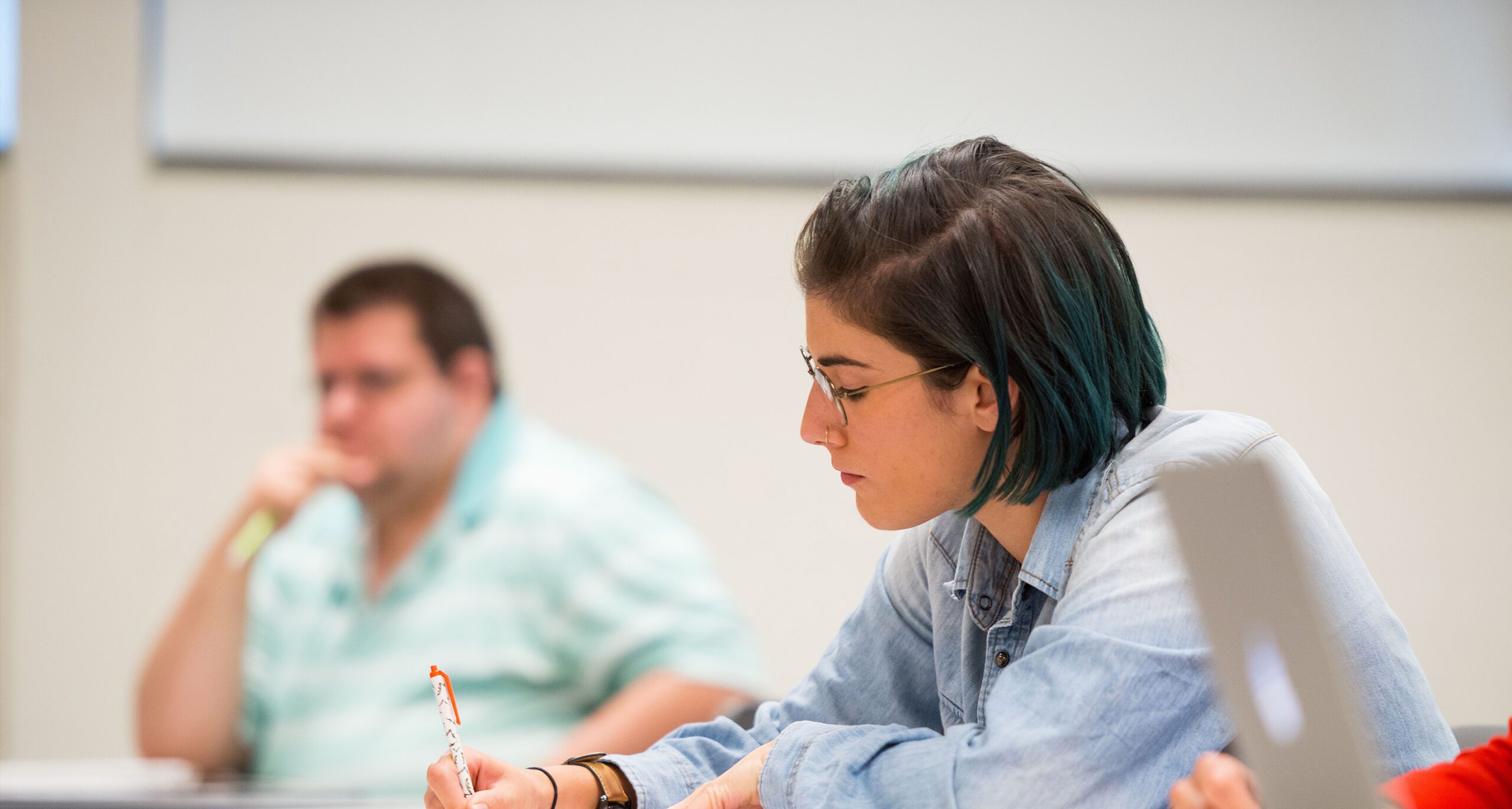Clinical Counseling Psychology Core Faculty Research
-
My research centers on maternal mental health, particularly during the perinatal period, and community-based interventions that foster healthy parent-child relationships. I have recently begun research on early clinician burnout and graduate preparation for clinical work. Clinically, I specialize in working with high-conflict co-parents and couples. I have worked in outpatient and partial hospital programs.
-
I am a child clinical psychologist interested in family interaction patterns and children’s cognitive and emotional development. My current program of research focuses on exploring coparenting dynamics and family emotion communication during the transition to parenthood. I am the co-author of “Prenatal Family Dynamics: Couple and Coparenting Relationships during and Postpregancy.”
-
I have been involved in clinical work and program administration for much of my career. I continue to do clinical work in private practice, seeing individuals with a variety of presenting problems. I have particular interests in parenting work, working with people who are struggling with medical conditions, and grief. I am co-author of Working with Parents in Child Psychotherapy and collaborating on research looking at parenting through the lens of Self-Determination Theory.
-
I have been involved in clinical work and program administration for much of my career. I continue to do clinical work in private practice, seeing individuals with a variety of presenting problems. I have particular interests in parenting work, working with people who are struggling with medical conditions, and grief. I am co-author of Working with Parents in Child Psychotherapy and collaborating on research looking at parenting through the lens of Self-Determination Theory.
My research centers on maternal mental health, particularly during the perinatal period, and community-based interventions that foster healthy parent-child relationships. I have recently begun research on early clinician burnout and graduate preparation for clinical work. Clinically, I specialize in working with high-conflict co-parents and couples. I have worked in outpatient and partial hospital programs.
I am a child clinical psychologist interested in family interaction patterns and children’s cognitive and emotional development. My current program of research focuses on exploring coparenting dynamics and family emotion communication during the transition to parenthood. I am the co-author of “Prenatal Family Dynamics: Couple and Coparenting Relationships during and Postpregancy.”
I have been involved in clinical work and program administration for much of my career. I continue to do clinical work in private practice, seeing individuals with a variety of presenting problems. I have particular interests in parenting work, working with people who are struggling with medical conditions, and grief. I am co-author of Working with Parents in Child Psychotherapy and collaborating on research looking at parenting through the lens of Self-Determination Theory.
I have been involved in clinical work and program administration for much of my career. I continue to do clinical work in private practice, seeing individuals with a variety of presenting problems. I have particular interests in parenting work, working with people who are struggling with medical conditions, and grief. I am co-author of Working with Parents in Child Psychotherapy and collaborating on research looking at parenting through the lens of Self-Determination Theory.
Welcome!
Graduate Fellows are a highly select group of students who receive advanced training and mentoring in psychological research. The Fellowships include tuition waivers for 30 credits. Graduate Fellows work closely with a faculty mentor for two semesters on advanced psychological research. This experience is particularly beneficial for students who expect to apply to a doctoral program in clinical or counseling psychology, as recent Assumption graduates have done.
A Fellowship also provides opportunities for contact with local community agencies and professionals which can be valuable in exploring practicum and internship sites as well as career opportunities. Recent Fellows have conducted research here at Assumption University as well as Boston Road Clinic, Children’s Friend, St. Vincent Hospital, and the University of Massachusetts Medical Center.
How to Apply
- Awarded principally on the basis of scholastic record to full-time Clinical Counseling Psychology graduate students, new and returning.
- New applicants should apply via the Assumption University graduate application by the February 1st application deadline. Candidates should highlight their interest in the research fellowship and include a brief explanation of their background and career interests and how these would be furthered by conducting research with a mentor in the Psychology department.
- Returning students applying for a fellowship do not need to resubmit application materials and should apply by sending a letter via email to Dr. Regina Kuersten-Hogan, Program Director, at kuersten@assumption.edu by the February 1st deadline.
- Dual Degree students applying for a fellowship should apply by sending a letter via email to Dr. Regina Kuersten-Hogan, Program Director, at kuersten@assumption.edu by the February 1st deadline. All other Dual Degree application materials (letters of recommendation and resume) should be submitted prior to the February 1st deadline to be considered.
- Recipient assists faculty member(s) in the Psychology department for 10 hour/ week fall and spring semesters.
- Value is 30 credits of tuition remission
- All Graduate Fellowship candidates will be notified mid-March regardless of their semester start date – summer or fall.
- You are not eligible to receive tuition discounts awarded through the University (such as employer discounts, vouchers, etc.) during the academic terms in which you are awarded the fellowship, nor in academic terms following those in which you receive the fellowship tuition credit.
- In order to be considered for a fellowship, all general application materials need to be submitted by the deadline.
Graduate Fellow Research Testimonials
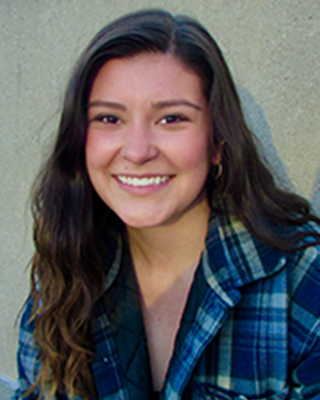 Selene Anaya
Selene Anaya
“Being awarded the graduate fellowship at Assumption has given me an experience of a lifetime. I had the privilege of working with Dr. Alison Stoner on two of her research projects. I was able to become an important part of each project, connect with collaborators, and strengthen my research skills. Being from out of state, the fellowship has made me feel more connected to Assumption and the remarkable professors in the program. I was also granted the opportunity to present to other fellows and staff at the 11th Annual Graduate Symposium. This experience will allow me to make even more connections while learning about the other studies being conducted at Assumption.
The study that I had the most involvement with assessed the adjustment to college for students with a chronic medical condition. This study included various assessments that I have learned about in my courses, so seeing the connection to the program and experiencing them being used was advantageous. Of the various assessments, one was assessing the impact of COVID-19 on families of children with pediatric health conditions. In addition to other tasks, I was responsible for sending the collected data from the assessment to the location conducting the larger study and they have already published a paper on their findings. It is extremely rewarding to know that I played an important role in that accomplishment. I would highly recommend applying for the graduate fellowship. It is a wonderful opportunity to learn and grow both personally and professionally.”
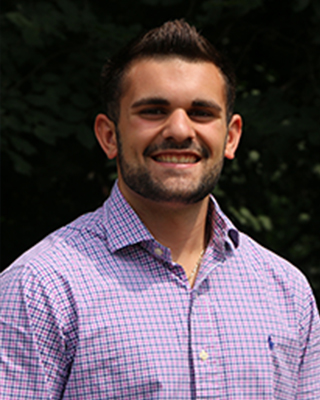 Anthony Mastrocola
Anthony Mastrocola
“I was fortunate in being afforded an opportunity to work under Dr. Volungis and Dr. Doerfler alongside other members of our research teams. This fellowship provides students with experiences in which they can learn first-hand how research and clinical practice integrate with one another. Some of the topics analyzed and discussed amongst my research groups included: school suicide prevention programs, trauma, fear of missing out (FOMO), social media and smartphone addiction and overall mental health implications, and internalizing and externalizing disorder symptomatology.
Whether interested candidates are considering a more counseling or research-oriented career post-graduate school, this fellowship is an excellent form of preparation. Students who wish to pursue a career in counseling will expedite their classroom learning through weekly reading and discussion of empirically supported treatment interventions and assessment measures. Individuals who wish to further their education post-graduate school, whether as a Ph.D. or Psy.D., will develop and refine abilities central to being an effective psychologist; specifically, this fellowship trains students to conduct literature reviews, apply for IRB proposals and conference presentations, and work amongst others who are equally as passionate about psychology. Most importantly, this fellowship supports students in learning more about themselves as professionals in this field.”
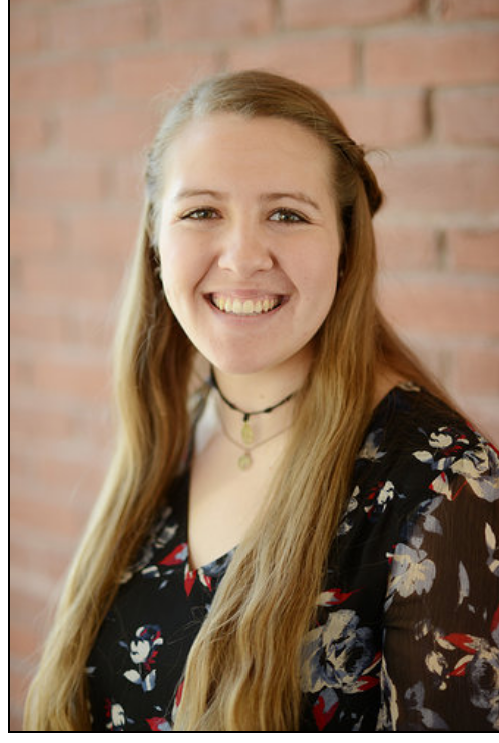 Teresa DiTommaso
Teresa DiTommaso
“During my fellowship, I had the privilege to work with Dr. Alison Stoner on multiple research projects. One of the research projects is a measurement development project focused on individuals with cystic fibrosis and their health-related behaviors. Tasks throughout the beginning of this project included literature reviews, choosing measures for participants to complete, developing and editing IRB proposals, and completing the pre-pilot stage. One major task for this project I was assigned was creating multiple surveys through RedCap that will be used in the pilot. Another major project that Dr. Stoner and I worked on throughout this past year was a project that focused on chronically ill individuals and transition to college. This project involved literature reviews, development and editing of IRB proposals, development of the surveys, participant recruitment, overseeing and managing participation, data collection and entry, and calculating early results. Both of these projects are in the relatively early stages, so it was special to be able to witness the spark of an idea turn into actual data. In addition to these major projects, Dr. Stoner and I continued to add to her projects on obesity and chronic pain, pediatric pain treatments, and self-esteem and internalizing behaviors.In addition to working on these projects, I had the opportunity to submit a poster to the New England Psychological Association (NEPA) for their conference in November. Both posters submitted by our lab have been accepted and we will be attending the conference later on this year. Throughout my fellowship, I was able to gain insight into a different field of psychology, build my research knowledge and skills, attain a knowledgeable mentor, and develop a deeper sense of direction moving forward in my time here at Assumption and beyond.”
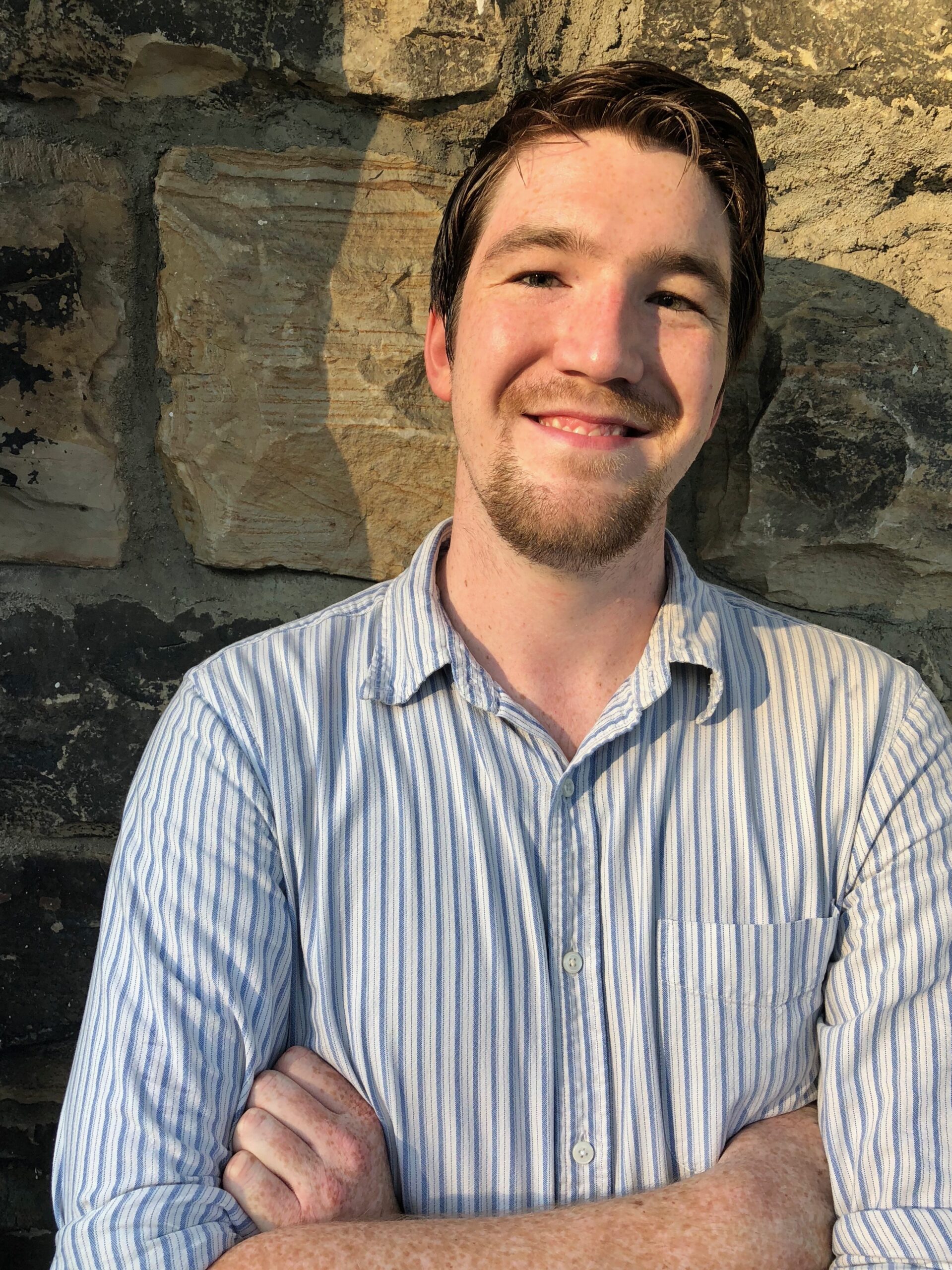 William Nall
William Nall
“The graduate fellowship experience has been a highlight of my time at Assumption. The fellowship allows one to experience aspects of psychological research, development, proposal, and implementation that cannot be found elsewhere. It provides students with an avenue to explore pathways of professional development previously never considered. As a graduate fellow I was able to form strong academic relationships with the professors and professionals outside of the program. The experience vastly expands professional and academic networks that are vital in one’s professional development.
Those interested in continuing education towards a Ph.D should highly consider applying for the graduate fellowship. The fellowship provides an opportunity for students to have their name published and/or to speak at a professional presentation. Being a fellow allows students to obtain accolades in the field which strengthen one’s application towards doctoral programs. The graduate fellowship at Assumption is a unique experience that should be considered by any potential and current student in the Clinical Counseling Psychology Program.”
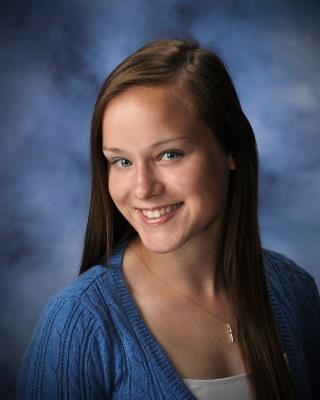 Allison Shea
Allison Shea
Undergraduate Degree: Saint Michael’s College, B.A. in Psychology
“For my graduate fellowship I had the amazing opportunity to work with Professor Kuersten-Hogan. Her study was regarding co-parenting, emotional expressiveness, and depression in new parents. First semester my responsibilities were coding co-parenting measures in new parents with their 3 month old baby. Couples engaged in a play task in which each parent took turns playing with the baby separately, playing all together, and discussing the activity. Some of the measures I was coding, for example, were competition, cooperation, and warmth among partners. I also transcribed pre-natal and post-natal interviews. Second semester, I learned a new coding system and am in the process of coding emotional expressiveness between the parents and a doll, representing their baby, before the baby was born. My fellowship consists of weekly meetings with Professor Kuersten-Hogan in order to discuss any challenges in the coding process and future directions. I am greatly looking forward to continuing this work this semester. I would highly recommend any student interested in gaining valuable research experience to take the opportunity to apply for this fellowship.”
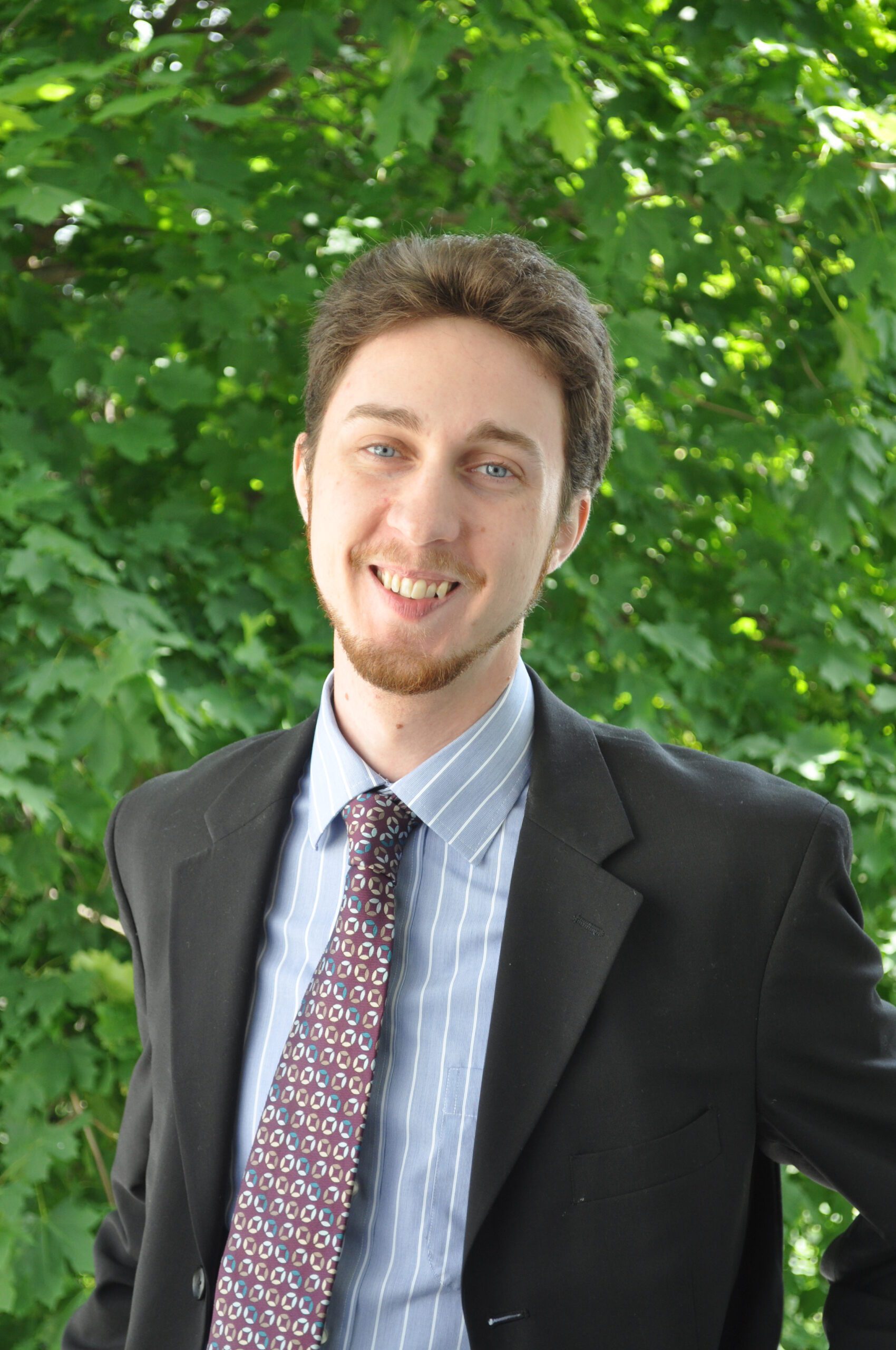 Jared Manteuffel
Jared Manteuffel
“I worked with Dr. Kuersten-Hogan on her coparenting study during my fellowship. My responsibilities included coding prenatal parent play activities with a doll representing their future child. One theme I coded, for example, was on how supportive parents were of their partner’s playtime with the doll. My other main responsibility was transcribing and coding interviews with individual parents three months after their child’s birth. I met with Dr. Kuersten-Hogan every week to discuss progress, next steps, and any sticking points. I also had the opportunity to accompany her on her trips to interview parents for the study, which gave me the opportunity to observe the full process behind the videos I was transcribing and coding. I’m looking forward to learning how her study progresses and turns out in the future. The graduate fellowship is an amazing opportunity to learn and grow, and I highly suggest all students pursue this chance.”
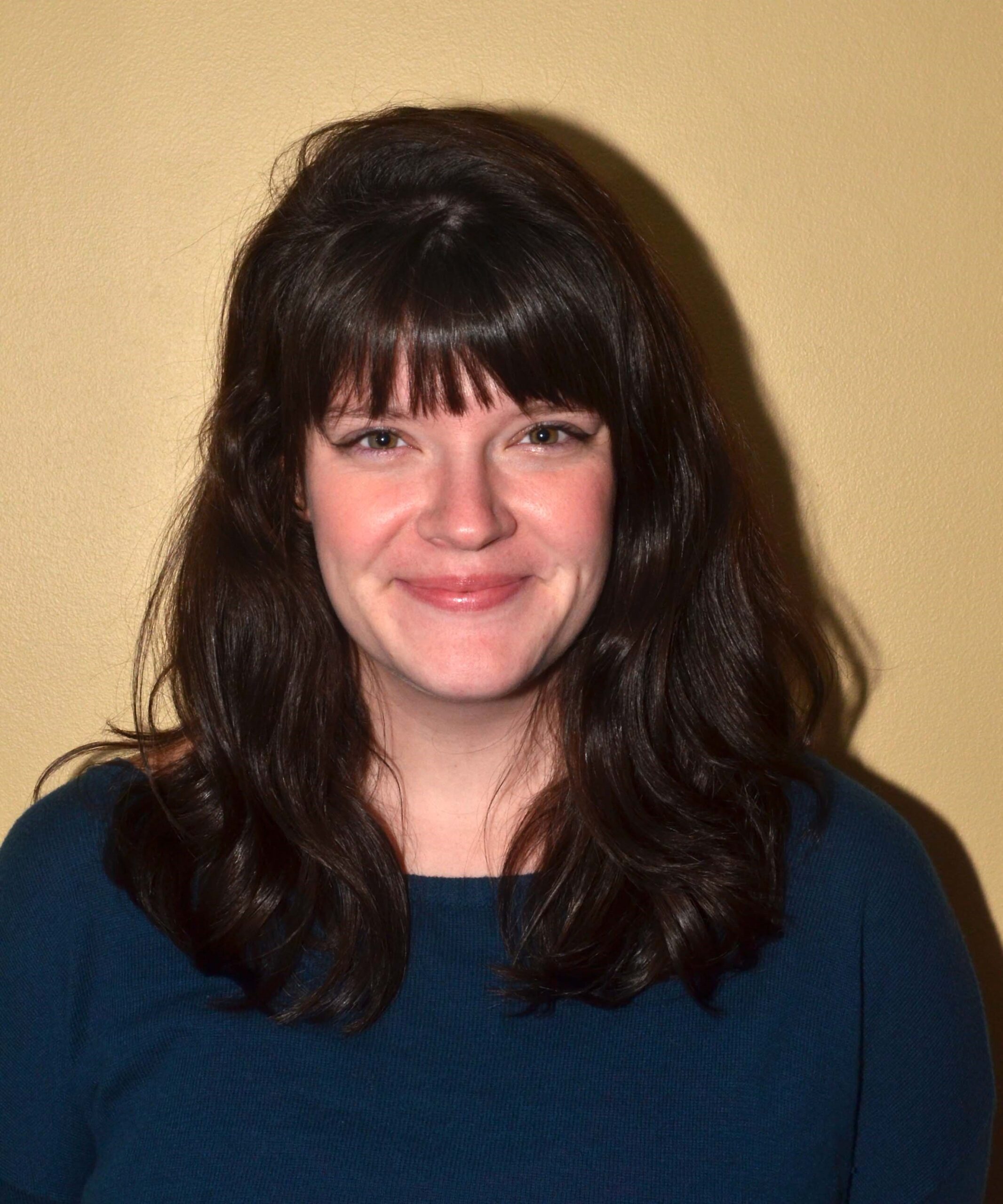 Katherine Schmidt
Katherine Schmidt
Undergraduate Degree: Assumption College, B.A. in Psychology and Human Services and Rehabilitation Studies
“This year I completed my Graduate Fellowship with Dr. Paula Fitzpatrick working on three different projects. The first project was working on uncovering individuals’ perceptions about the biological motions of individuals with Autism Spectrum Disorder. We have been able to take this information and present it at multiple conferences, including the New England Psychological Association 2015 Conference and the 18th International Conference on Perception and Action at the University of Minnesota. This project has been such a learning experience because not only was I able to continue the research project I began as an undergraduate student at Assumption, but I was able to take this information to two conferences and share my findings with other professionals in the field of psychology. The second project that I worked on with Professor Fitzpatrick involved data collection at UMASS. For this project I was able to work with colleagues over at UMASS to use an EEG scan in order to measure different brain waves involved in both movement and monitoring movement for both typically developing individuals and individuals with ASD. The third project that I was involved with looked into elementary school students’ handwriting skills and the connections to literacy. Each of these projects has allowed me to practice different skills associated with the field, including everything from data collection and entry to writing a paper and presenting it to colleagues across the country. Overall this experience has not only allowed me to further my experience with research, but also to be able to interpret and understand research studies as I continue on in my career.”

